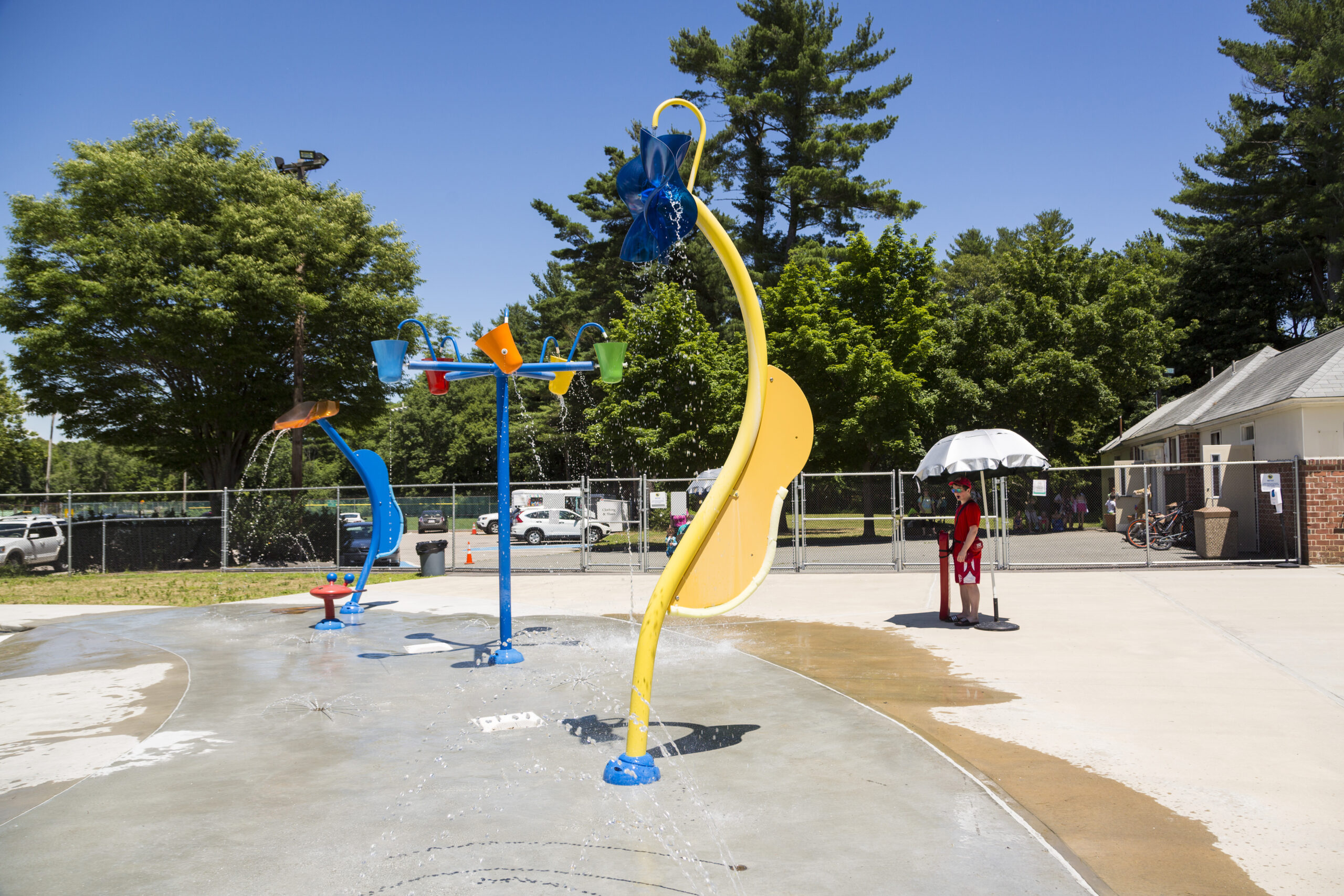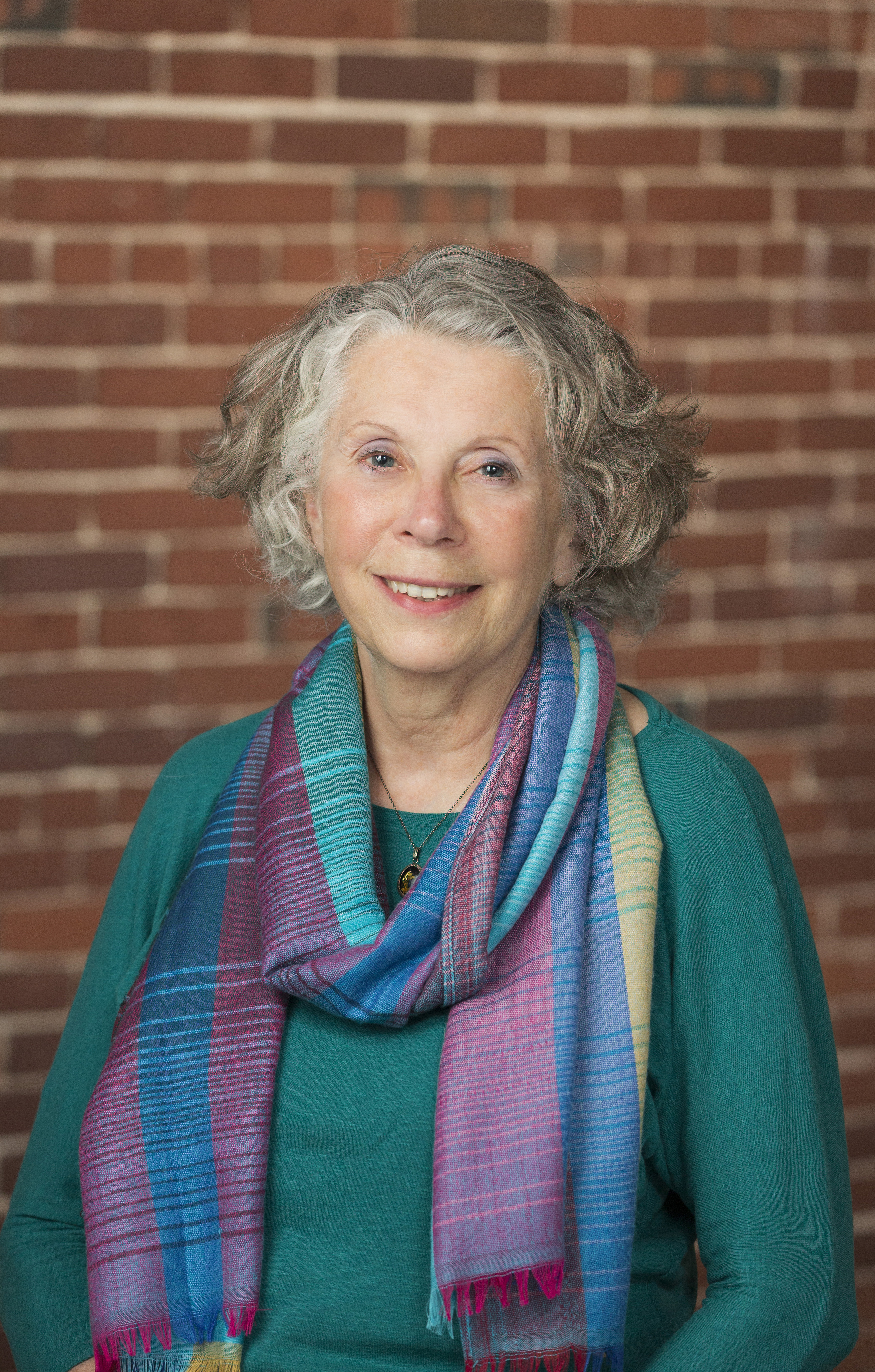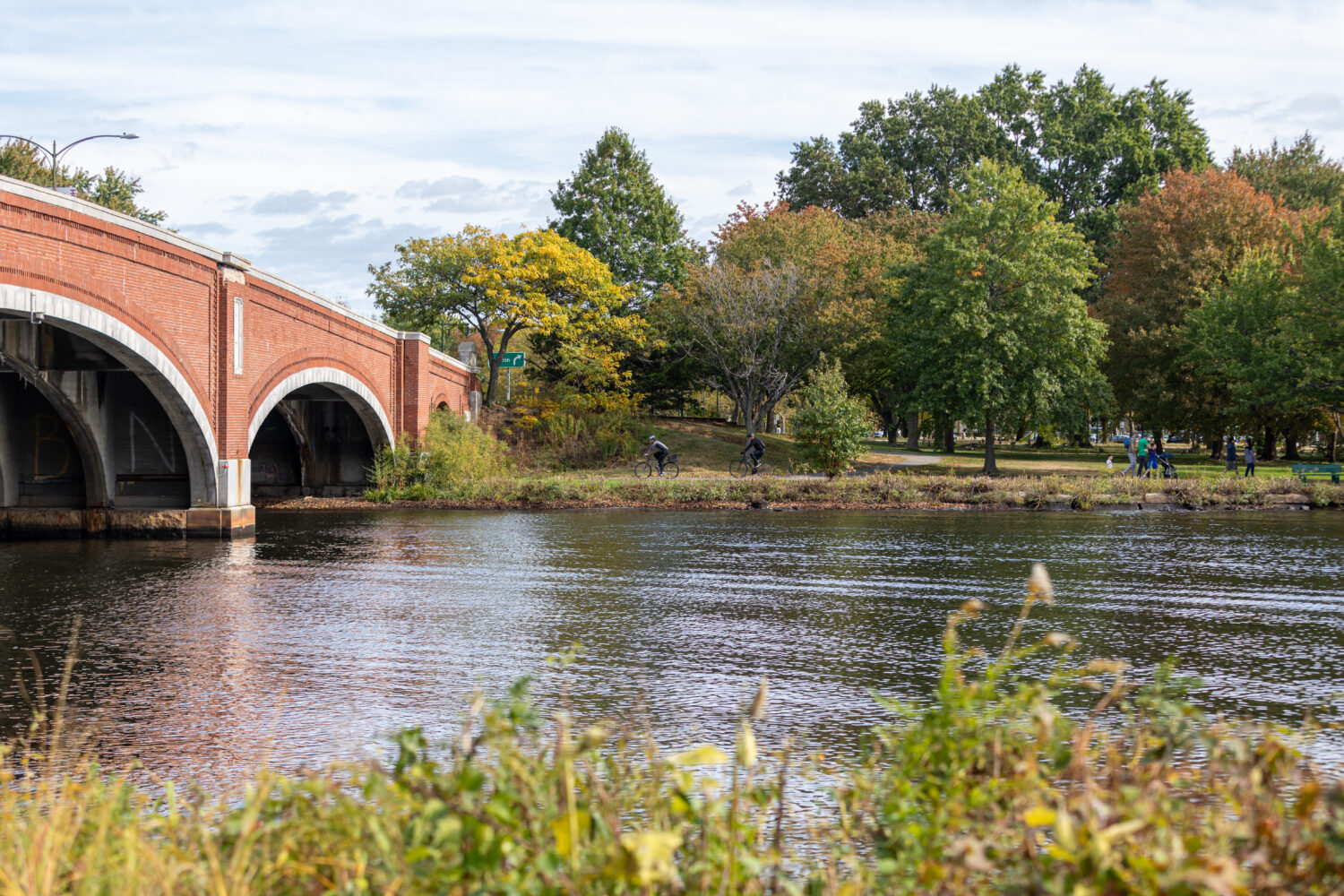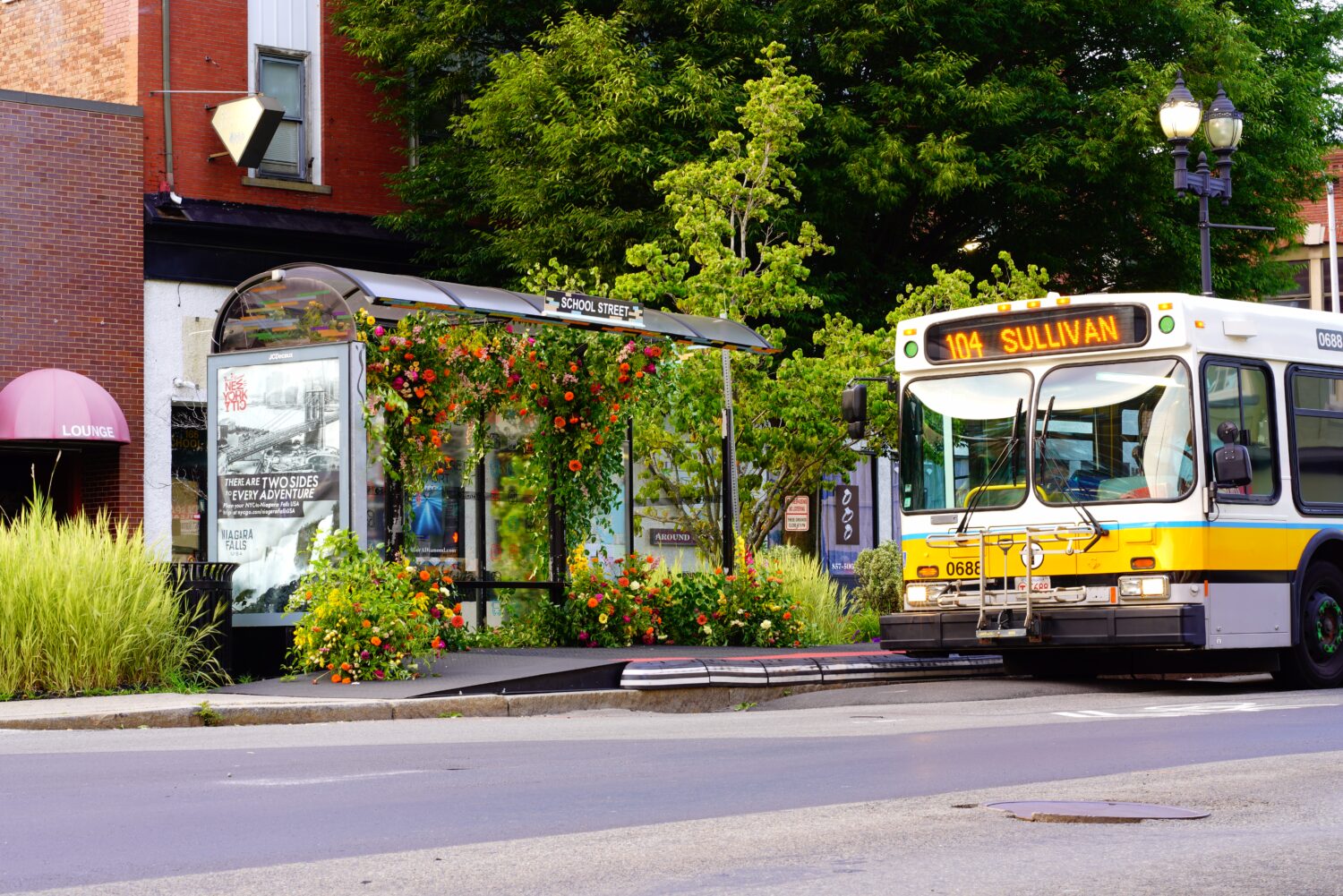In the Greater Boston region, we’re experiencing more frequent and intense heat waves, as well as generally rising temperatures. 2020 marked the hottest summer globally, with 14 days over 90 degrees in Boston. By the 2030s, scientists predict we could more than double that and have 41 days of 90 degrees due to climate change. In 2021, the first day over 90 degrees already occurred—in May.
Extreme heat is one of the deadliest weather events in the United States and can exacerbate existing health conditions. And the effects aren’t experienced equally: the impacts of extreme heat are greater in low-income neighborhoods and communities of color, where historic disinvestment has resulted in less access to green space, fewer street trees, and inadequate housing and cooling infrastructure. These impacts will only intensify as climate change causes temperatures to increase and humidity to rise.
Members of the public, policymakers, and decision-makers across the region must continue to elevate the urgency and impacts of extreme heat. As our MAPC colleagues shared in a recent Commonwealth Magazine Op-Ed, community-centered planning and decision-making will be critical to protecting the most vulnerable this—and every future—summer.
That’s why the Metropolitan Area Planning Council (MAPC), Greater Boston’s regional planning agency, launched the inaugural “Heat Preparedness Week” during the third week of May this year, leading up to the unofficial start of summer: Memorial Day Weekend. Throughout the week, we sought to draw attention to this topic, hosting events and highlighting projects across the region that serve to address and reduce extreme heat.
Those projects include:
- COVID-Safe Cooling: MAPC and the Mystic River Watershed Association (MyWRA), with funding from the Barr Foundation, are supporting local cooling projects and educational projects in seven communities most impacted by both COVID-19 and extreme heat: Boston, Brockton, Chelsea, Everett, Lawrence, Lynn, and Revere. Last year’s projects including installing hydration stations, adapting cooling centers for social distancing, distributing personal cooling devices like air conditioners and fans, and electric utility assistance. This program is offering a second round of funding in 2021.
- Accelerating Climate Resiliency (ACR) grant program: MAPC is working in partnership with the Barr Foundation to accelerate climate resilience in the region by helping municipalities advance strategies that protect people, places, and communities from the impacts of climate change. Many funded projects – including tree-planting initiatives, community education strategies, and climate-smart parks – mitigate or build resilience to extreme heat.
- Metro Mayors Building Resilience to Climate-Driven Heat: The Metro Mayors Climate Taskforce received a Municipal Vulnerability Preparedness Action grant to create a roadmap to collectively address heat-related health concerns and reduce heat islands.
- Art for Heat Resilience: MAPC will work with artists and creatives this summer on extreme heat-related creative communications, creative engagement, and creative cooling infrastructure. Stay tuned: we’re also putting together a toolkit of creative strategies to mitigate and communicate about extreme heat!
- Peak Demand Management: MAPC runs our own free Peak Electricity Demand Notification program for our municipalities to learn how to reduce demand, costs, and emissions associated with “peak” capacity charges during times of the greatest strain (and dirtiest fuels) on our regional electricity grid.
- Keep Cool Somerville: Last year, we created a toolkit of strategies for long-term summer heat preparedness in Somerville. This year, we’re funding and building capacity for small-scale pilot projects to improve resilience to heat.
So, what can you do to learn more and spread the word about climate-driven heat in the region?
Watch:
As a part of Heat Preparedness Week, MAPC, MyWRA, and Museum of Science Boston co-hosted a forum on the intersections of climate change, heat, and health in the Greater Boston area. Speakers highlight projects across the Greater Boston area addressing the issues of rising and extreme temperatures, public health, equity, and climate change via short presentations and a panel discussion.
For the second installment in MAPC’s ACR Speaker Series and as a part of Heat Preparedness Week, Jacqueline Patterson, Director of the NAACP Environmental and Climate Justice Program, joined MAPC for a conversation about work to address climate change and advance a just transition to a clean, cooperative, and resilient economy.
Learn:
- Climate Vulnerability in Greater Boston: This MAPC mapping tool combines sociodemographic, public health, housing, and workforce data with climate exposure data to help identify which populations and neighborhoods are most vulnerable to the impacts of extreme heat.
- Extreme Heat Resources: This MAPC web resource outlines cooling strategies for communities, resources for residents, resources for municipalities, and emergency tips.
Reflect
How do you experience heat? How do you cool down? We’re working with the Metro Mayors Coalition to create a plan to address heat-related health concerns and reduce heat islands in Metro Boston. We want to hear from you.
Share
- Use social media to share heat safety tips and spread information on climate-driven heat. Use our Heat Preparedness Week social media toolkit to get started, and don’t forget to use #HeatPrep2021.
- People struggling to pay their utility bills are less likely to turn on needed air conditioning during heat waves. Share information on utility assistance in your community using these templates.





